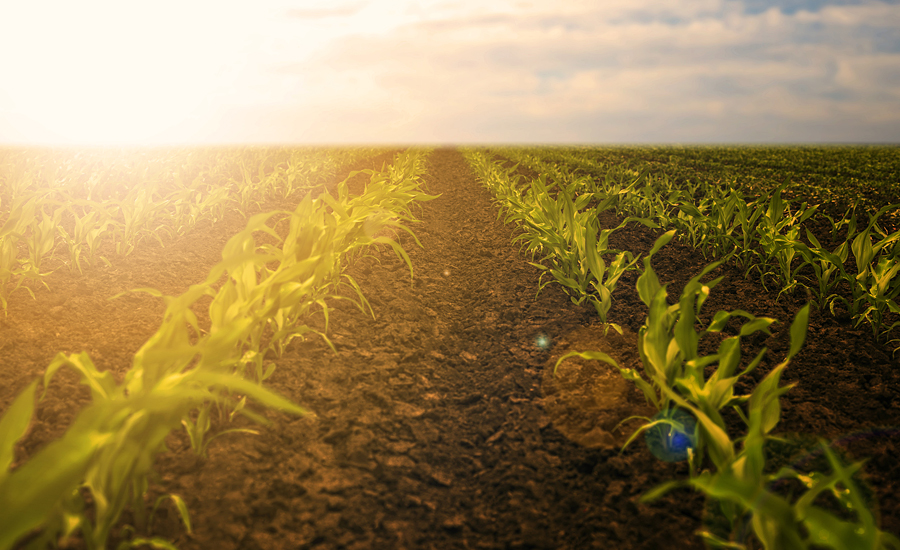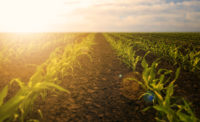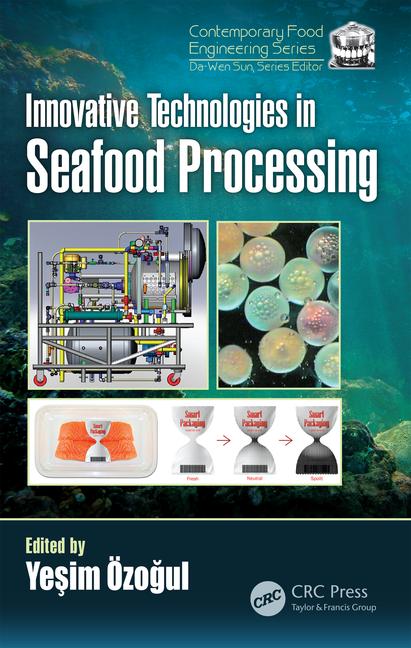Kroger announces zero hunger, zero waste plan
Kroger is also crowdsourcing for solutions, asking communities, partners and other stakeholders to help provide ideas, feedback and best practices as the effort evolves.

The Kroger Co., Cincinnati, announced a national effort aimed at ending hunger in the communities Kroger calls home and eliminating waste company-wide by 2025.
“No family in a community we serve should ever go hungry, and no food in a store we operate should ever go to waste,” says Rodney McMullen, chairman and CEO. “More than 40% of the food produced in the U.S. each year goes unconsumed, while one in eight people struggle with hunger. That just doesn’t make sense. As America’s grocer and one of the largest retailers in the world, we are committing to doing something about it.”
Kroger is also crowdsourcing for solutions, asking communities, partners and other stakeholders to help provide ideas, feedback and best practices as the effort evolves.
“We don’t – and we won’t – have all the answers,” says Jessica Adelman, group vice president of corporate affairs. “While we are clear about our vision, we are flexible about how to get there. We are working closely with both Feeding America and World Wildlife Fund (WWF), our longstanding partners, to develop transparent metrics to track our progress. And, we are inviting everyone who is passionate about feeding people and protecting the planet to join us in our mission to end hunger in our communities and eliminate waste across our company by 2025.”
“Hunger exists in every county and affects every demographic group in this country,” says Diana Aviv, chief executive officer of Feeding America, Chicago. “If we are to succeed in creating a hunger-free America, it will take the combined efforts of a variety of groups – policymakers, non-profits, individuals and corporations – working together with the 200 network member food banks. Kroger is stepping up to the challenge, and we look forward to working with them on their Zero Hunger | Zero Waste plan.”
“The production and consumption of food has the largest environmental footprint of any human activity. By wasting less food, we can reduce the environmental impact of food production while also conserving biodiversity and wildlife habitat,” says Sheila Bonini, senior vice president, private sector engagement, WWF, Washington, D.C. “Kroger’s zero waste commitment sets a new standard for food waste reduction goals and will have a ripple effect across their supply chain and industry.”
Kroger’s visionary Zero Hunger | Zero Waste plan includes the following commitments, in keeping with the company’s purpose to Feed the Human Spirit.
Establish a $10 million innovation fund within The Kroger Co. Foundation to address hunger, food waste and the paradoxical relationship between the two.
Accelerate food donations to provide 3 billion meals by 2025 to feed people facing hunger in the places Kroger calls home. In partnership with its customers, associates and other partners, Kroger has donated 1 billion meals via combined food and funds donations since 2013.
Don’t just donate more food, but more balanced meals via Kroger’s fresh food donations program. Today, Kroger store associates are empowered to identify meat, produce, dairy and bakery items for donation that remain safe, fresh and nutritious. Last year, Kroger donated the equivalent of 46 million fresh meals to local food banks in addition to dry goods and shelf-stable groceries.
Advocate for public policy solutions to address hunger and shorten the line at food banks, lobbying for continued funding of federal hunger relief programs and for public policies that help communities prevent and divert waste from landfills, including recycling, composting and sustainability programs that can be scaled for maximum impact.
Achieve all Zero Waste 2020 goals outlined in the annual Kroger sustainability report.
Eliminate food waste by 2025 through prevention, donation and diversion efforts in all stores and across Kroger. Develop transparent reporting on food loss and waste.
Join forces with both new and longstanding partners to identify opportunities, leverage data and determine where by working together Kroger can help the most.
Transform communities and improve the health of millions of Americans by 2025 by making balanced meals more readily available, sharing scalable food waste solutions with other retailers, restaurants and local governments, and working within Kroger’s supply chain to reduce farm-to-fork food loss.
“Zero Hunger | Zero Waste is a vision for the America we want to help create with our associates, customers and stakeholders,” McMullen says. “This is our moonshot. We recognize we have a lot of work to do. But, we know when Kroger’s more than 443,000 associates put their passion to work to make something happen, we can uplift our communities, the planet and each other.”
Looking for a reprint of this article?
From high-res PDFs to custom plaques, order your copy today!






